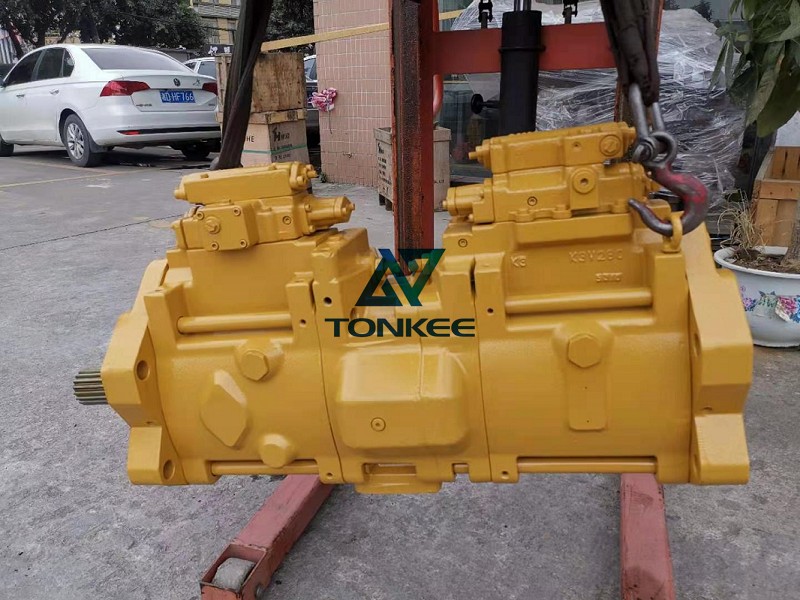
Strength and Durability: Iron is known for its high tensile and compressive strength, making it ideal for handling the high pressures and loads encountered in hydraulic systems.
It can withstand the rigors of heavy-duty applications, such as those in excavators.
Resistance to Wear and Tear: Iron components are highly resistant to wear and abrasion, which is essential in hydraulic pumps where moving parts are subject to continuous friction and pressure.
Corrosion Resistance: Many iron alloys, such as cast iron, are naturally resistant to corrosion, particularly when properly coated or treated, ensuring a longer lifespan in harsh environmental conditions.
Cost-Effective: Iron is often more cost-effective than materials like brass, making it a practical choice for large-scale manufacturing and industrial applications.
However, there are some downsides to using iron in hydraulic pumps:
Weight: Iron components tend to be heavier than brass, which may increase the overall weight of the pump and, in turn, the equipment it is installed in.
Potential for Oxidation: While iron can be corrosion-resistant, it can still oxidize over time, leading to rust if not adequately protected.
Brass Material:
Brass is an alloy composed primarily of copper and zinc. It has some characteristics that make it suitable for hydraulic pump construction, though it is less commonly used than iron. The key advantages of using brass in hydraulic pump construction include:
Corrosion Resistance: Brass is naturally corrosion-resistant, which can be particularly beneficial in applications where the pump is exposed to moisture and other corrosive elements.
Machinability: Brass is relatively easy to machine and shape, making it a suitable material for intricate components within a hydraulic pump.
Low Friction: Brass has a lower coefficient of friction compared to iron, which can contribute to improved efficiency in the pump's operation.
However, brass also has some drawbacks:
Lower Strength: Brass is not as strong as iron, and it may not be suitable for high-pressure or heavy-duty applications, such as those found in large excavators.
Wear Resistance: While brass is reasonably wear-resistant, it may not be as durable as iron in demanding applications.
Cost: Brass is often more expensive than iron, which can be a limiting factor in large-scale manufacturing.




 English
English Русский язык
Русский язык




